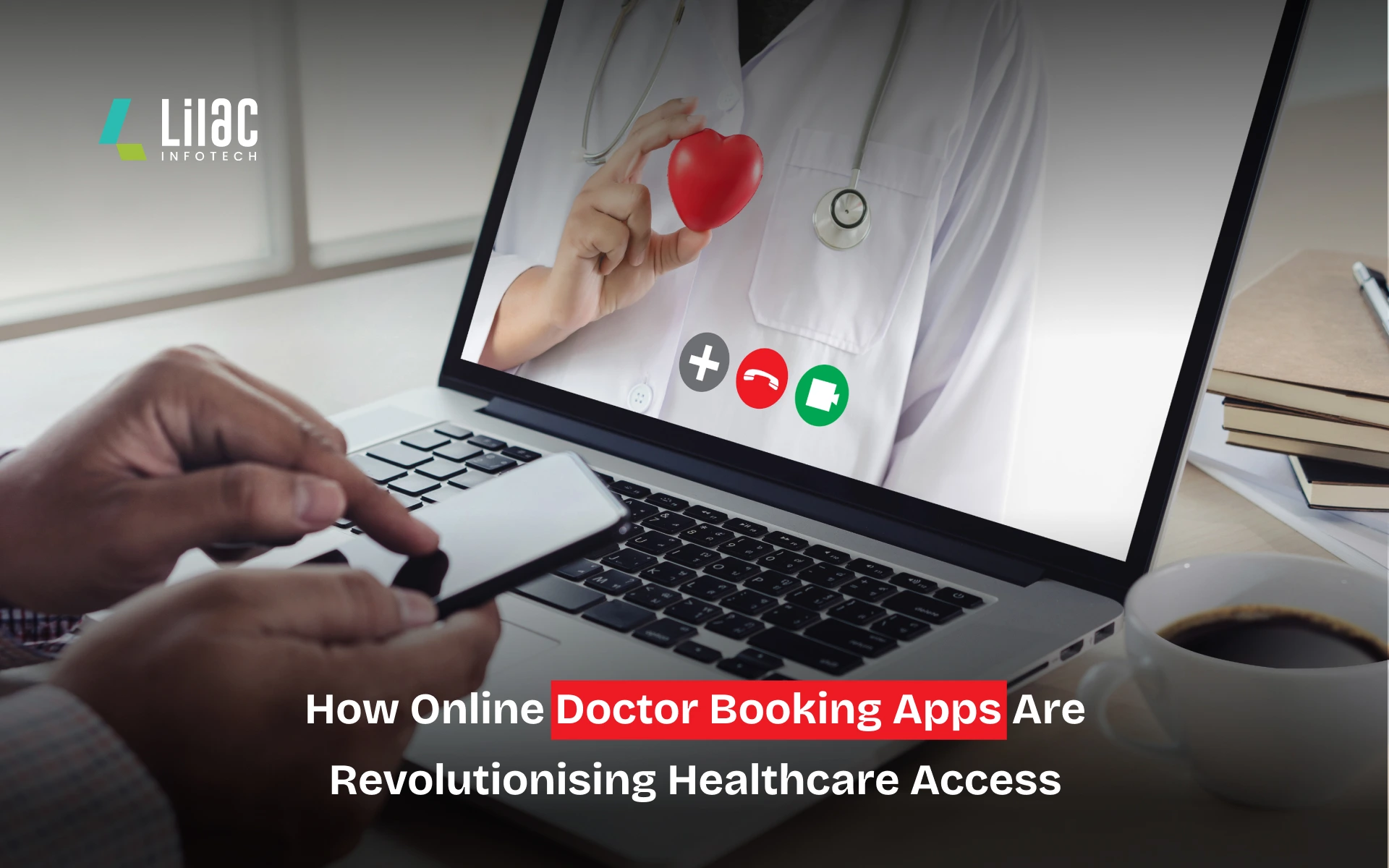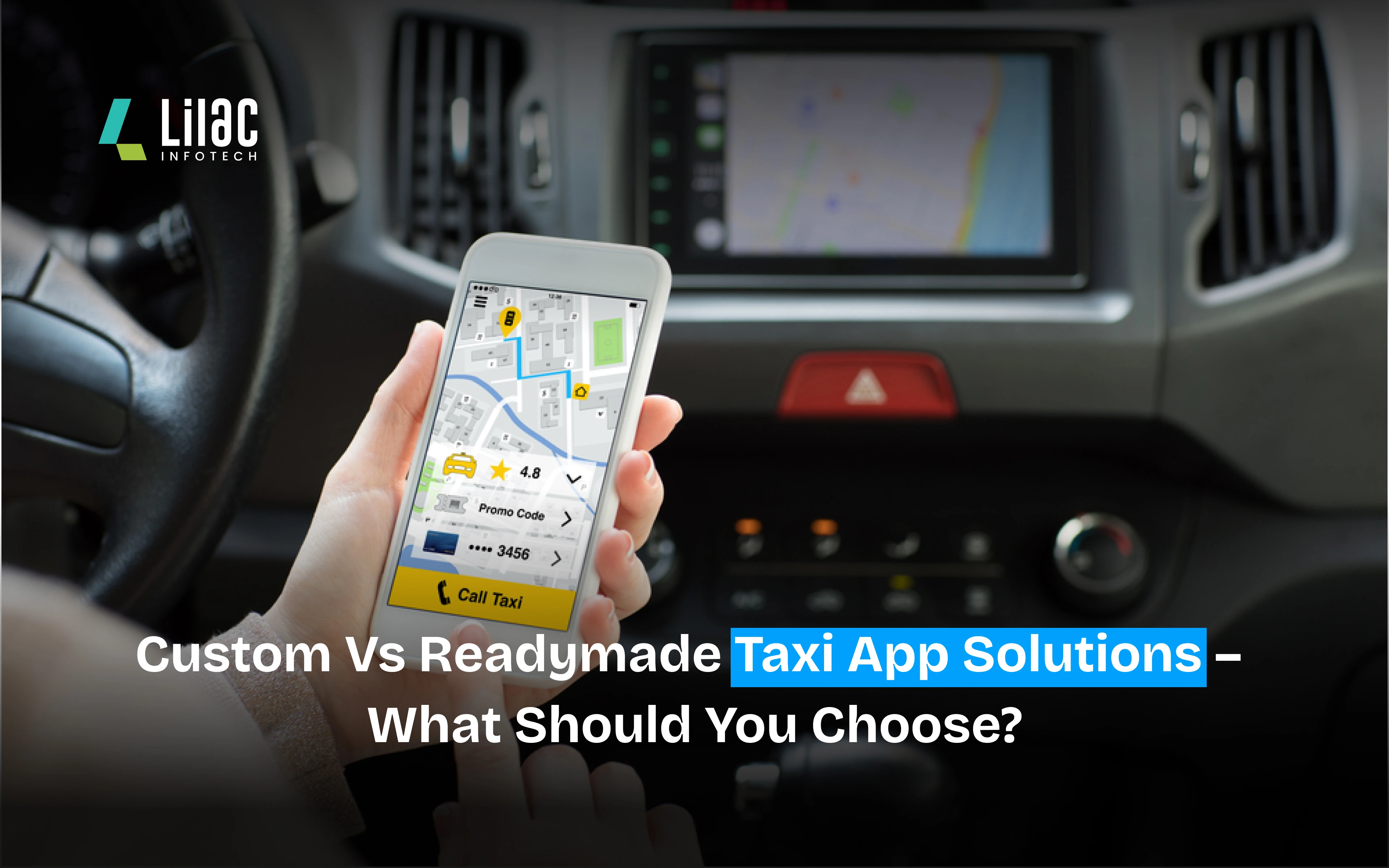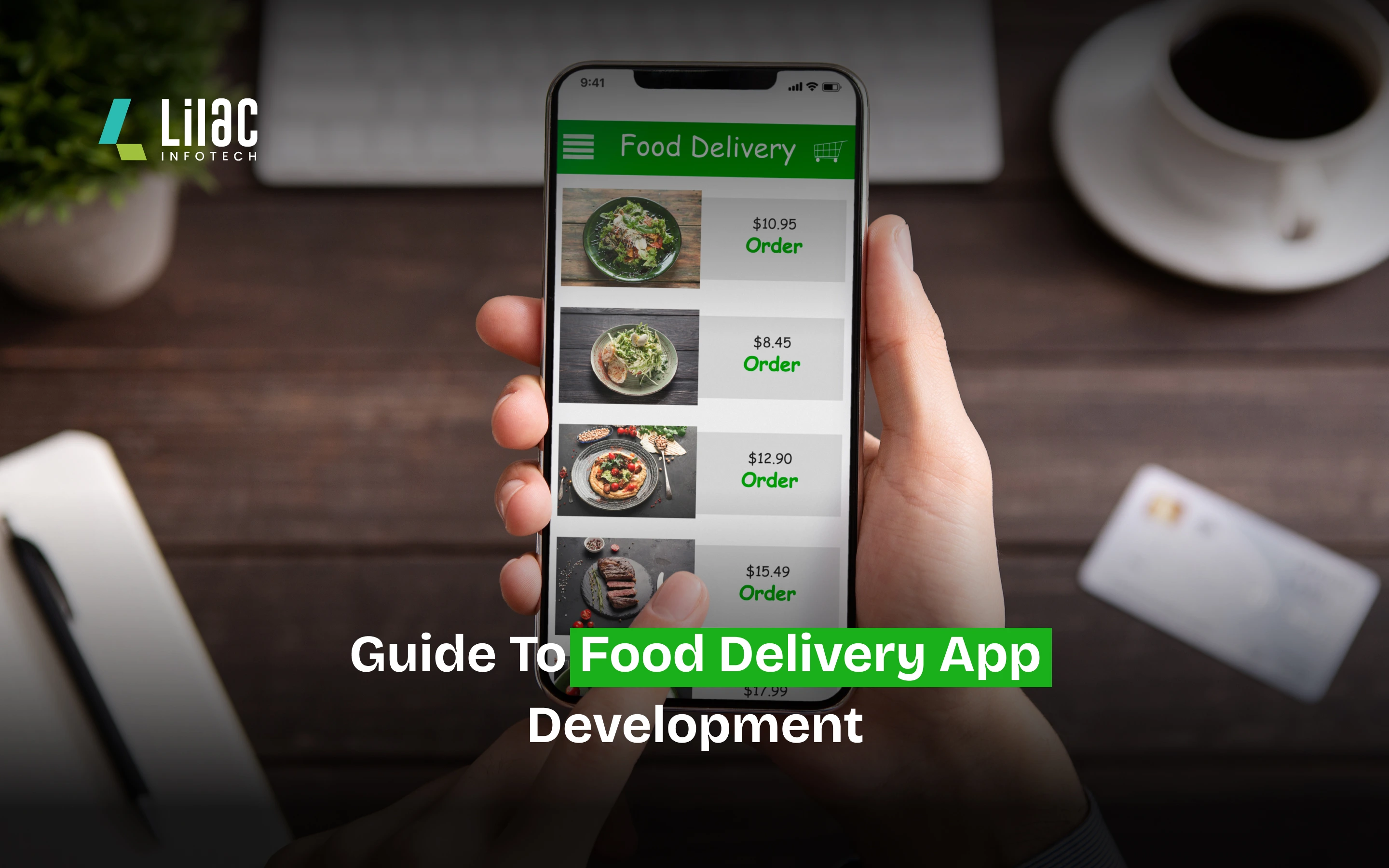
In today’s fast-paced digital world, healthcare is undergoing a massive transformation. From the way we consult with doctors to how clinics manage their daily operations, technology is playing a crucial role in reshaping the patient experience. At the center of this digital revolution are doctor booking apps—smart, intuitive, and efficient tools that have made it easier than ever to access healthcare services. Whether you live in a bustling urban city or a remote village, a doctor booking app bridges the gap between patients and medical professionals. These apps not only improve patient convenience but also empower clinics with tools like clinic management software to streamline their operations. Let’s dive into how these innovations are transforming healthcare delivery in unprecedented ways.
1. What Is a Doctor Booking App?
A doctor booking app is a mobile or web-based application that allows patients to search for doctors, view their availability, and book appointments online. These apps often come integrated with features such as video consultations, electronic prescriptions, appointment reminders, and patient record management. They serve as a digital bridge, helping patients avoid long waiting hours at hospitals and clinics, and enabling healthcare providers to manage appointments and records efficiently.
2. The Need for Digital Healthcare Solutions
The traditional healthcare model, while reliable, is not without its limitations. Long queues, last-minute appointment cancellations, and inefficient communication often frustrate patients and burden healthcare providers. During the COVID-19 pandemic, these issues were further magnified, exposing the urgent need for accessible, contactless healthcare solutions. Enter the doctor booking app, which not only solved these problems but also opened up new ways of delivering healthcare. Now, anyone with a smartphone and internet connection can consult with a doctor, book lab tests, or get prescriptions—all without leaving home.
3. Key Features of Modern Doctor Booking Apps
Today's doctor booking apps are far more advanced than simple appointment schedulers. Here are the most impactful features that are redefining healthcare access:
a)Easy Doctor Search and Filters
Patients can search for doctors by specialty, location, availability, ratings, and even language spoken. This ensures they find the right medical professional for their needs quickly.
b) Real-Time Appointment Scheduling
With real-time calendar integrations, patients can see available time slots and book appointments instantly. Doctors can also accept, reschedule, or cancel appointments through the app.
c) Telemedicine Integration
Video and voice consultations have become a standard feature. Patients, especially those in remote locations, can consult with doctors online without having to visit a clinic physically.
d) Automated Reminders and Notifications
Push notifications and SMS reminders reduce no-shows and improve appointment adherence.
e) Digital Prescriptions and Reports
Post-consultation, doctors can issue prescriptions digitally, which patients can download or forward to pharmacies or diagnostic centers.
f) Integrated Clinic Management Software
For doctors and clinics, these apps often come with built-in clinic management software, enabling smooth operations like:
Managing patient records
Tracking appointments
Billing and invoicing
Staff and inventory management
This integration makes doctor booking apps a complete healthcare ecosystem.
4. Benefits for Patients
The impact of doctor booking apps on patients is revolutionary. Here’s how:
a) 24/7 Accessibility
Patients are no longer restricted to clinic hours. They can book appointments, consult doctors, and access records anytime, anywhere.
b) Reduced Waiting Time
By scheduling appointments online, patients avoid long waiting periods and overcrowded waiting rooms.
c) Better Choice and Transparency
With access to doctor profiles, ratings, reviews, and consultation fees, patients make informed decisions.
d) Improved Continuity of Care
Since these apps store medical history and prescriptions, follow-up care becomes more accurate and efficient.
e) Enhanced Privacy
For those with sensitive medical concerns, online consultations offer a higher level of comfort and discretion.
5. Benefits for Doctors and Clinics
It’s not just patients who benefit. Doctors and healthcare providers experience significant operational advantages:
a) Streamlined Scheduling
Managing patient appointments becomes hassle-free, reducing scheduling conflicts and missed bookings.
b) Efficient Record Management
With the help of clinic management software, patient records, test results, and prescriptions are stored digitally and can be accessed quickly.
c) Improved Revenue Cycle
Automated billing, online payments, and appointment confirmations help clinics reduce revenue leakage.
d) Better Patient Engagement
Doctors can communicate with patients via chat, send reminders for follow-ups, and build stronger doctor-patient relationships.
e) Time Optimization
By integrating teleconsultation, doctors can serve more patients in less time, improving clinic productivity.
6. How Doctor Booking Apps Empower Rural and Remote Areas
In India and many developing countries, access to quality healthcare in rural areas has always been a challenge. Limited medical infrastructure, fewer doctors, and long travel times have made it hard for rural residents to get timely medical attention.
Doctor booking apps are solving this problem by:
Offering Telemedicine: Patients can consult with specialists hundreds of kilometers away.
Connecting with Nearby Clinics: Apps can show the nearest available clinics and doctors, even in tier-3 towns.
Bridging Language Gaps: Many apps offer multilingual support, helping patients communicate better.
Educating Patients: Through health tips, blog posts, and awareness content, apps also play a role in public health education.
This digital empowerment is closing the rural-urban healthcare gap faster than ever before.
7. The Role of AI and Automation in Modern Doctor Booking Apps
Artificial Intelligence is making doctor booking apps even smarter. Here’s how AI and automation are adding value:
Smart Matching Algorithms: Suggesting the best doctors based on symptoms, location, and availability.
Chatbots for Quick Assistance: Offering 24/7 help for FAQs, booking help, and pre-consultation screening.
Predictive Scheduling: Suggesting appointment slots based on a patient’s past behavior or preferred time.
Automated Billing and Claims: Helping clinics reduce manual work through AI-driven invoice generation and insurance claim processing.
AI is also assisting in diagnostics, where symptoms entered by patients are cross-referenced with medical databases to suggest possible conditions even before a consultation.
8. Security and Data Privacy
Handling sensitive patient data comes with responsibility. Leading doctor booking apps are equipped with robust data protection measures such as:
End-to-end encryption
HIPAA and GDPR compliance
Secure cloud storage
Multi-factor authentication for login
Patients and providers can be confident that their health data is safe and private.
9. Integration With Other Healthcare Services
Another advantage of modern doctor booking apps is their ability to integrate seamlessly with other healthcare services:
Lab Test Booking: Patients can book diagnostic tests and receive reports digitally.
Medicine Delivery: Prescriptions can be forwarded to partner pharmacies for doorstep delivery.
Fitness and Wellness Tracking: Apps often integrate with fitness devices and platforms to monitor overall health.
Insurance Services: Some apps allow users to upload and manage health insurance policies and file claims.
This holistic integration turns a doctor booking app into a complete health management platform.
10. The Future of Doctor Booking Apps
As technology evolves, we can expect even more advanced features in doctor booking apps:
Voice-enabled appointment booking
AR/VR-based remote diagnostics
Personalized health tracking dashboards
Wearable device integration for real-time health monitoring
Moreover, with governments pushing for digital health missions, these apps will play a central role in building smart, connected healthcare ecosystems.
Let’s Bring Your Ideas to Life!
Whether it's a small spark or a full concept, we're ready to discuss and build with you.
+91 83601 39952
Conclusion
The digital transformation of healthcare is no longer just a trend—it’s a necessity. Doctor booking apps and integrated clinic management software are driving this change by making healthcare more accessible, efficient, and patient-centric. For patients, the convenience of booking an appointment from their phone and consulting a doctor from home is a game-changer. For clinics and hospitals, the streamlined operations and data management save time, reduce errors, and enhance patient satisfaction. At the heart of this revolution is the idea that everyone—regardless of geography or income—deserves easy access to quality healthcare. And with the rise of intelligent, user-friendly platforms, that vision is fast becoming a reality.



















Post a Comment